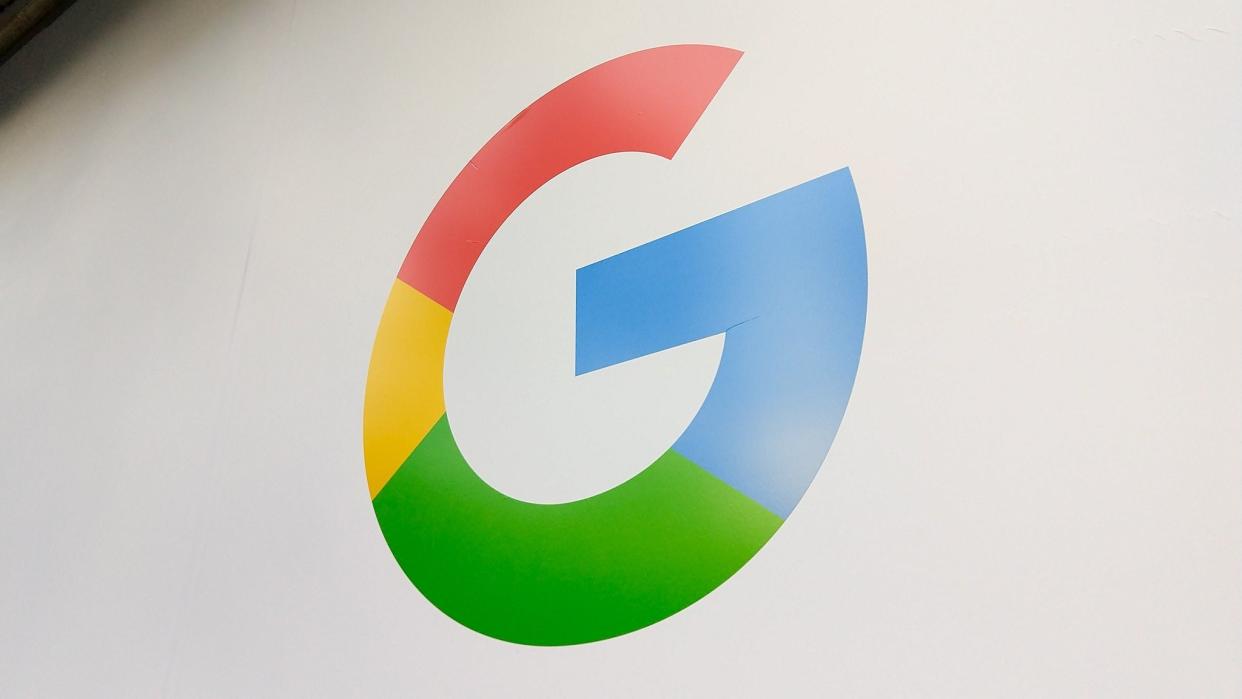Google, Universal Music reportedly team up to let artists get paid for AI-generated songs

What you need to know
Google and Universal Music are reportedly in discussions to develop a tool that allows fans to create AI-generated songs using the voices and melodies of various artists.
Artists can opt in and copyright holders will be compensated for AI songs created with their materials.
Warner Music Group is also in talks with Google over a similar agreement.
Google and Universal Music Group are reportedly working together to develop a way for fans to make AI-generated songs that are legally compliant while also compensating the artists for their work.
Citing sources familiar with the plan, the Financial Times reports that Google is working with music labels like UMG on a tool that allows anyone to create AI songs using the voices and melodies of their favorite artists. The tool is still in the early stages of development, so it remains unclear when it will be released.
Once it's made available to the public, the service could revolutionize the music industry, given UMG's vast library of songs and Google's AI powerhouse. Under a licensing agreement, copyright holders will receive payments for the license to create AI-generated songs using their music. But, of course, artists can choose not to participate.
Warner Music CEO Robert Kyncl suggested as much during the company’s earnings call on August 8. According to the Financial Times, Google is also in similar talks with Warner Music.
It's not clear how the tool will function, but it is expected to work in a similar way to other AI-powered music generators like Spotify's AI DJ. Fans will be able to provide the tool with a few details about the song they want to create, such as the genre, the mood, and the lyrics. The tool will then use AI to generate a song that matches the fans' specifications.
However, unlike other AI music generators, users could feed the voices and melodies of their favorite artists into the tool, potentially making the songs more authentic and engaging. More importantly, this could make it easier for fans to create music tailored to their taste, as well as help music labels generate new revenue streams.
Google and UMG's new partnership comes at a time when there's a lot of buzz about AI-generated music, with some people loving it and others hating it. In April, UMG asked all music streaming platforms to remove a deepfake track titled "Heart on My Sleeve," produced by TikTok user ghostwriter977. The vocals for "Heart on My Sleeve" were generated by artificial intelligence and made to sound like Canadian musicians Drake and The Weeknd.
UMG described the AI-generated song as "both a breach of our agreements and a violation of copyright law." While AI has made it easier than ever to create voice models that sound like famous artists, AI-generated songs are a sign of how quickly deepfake technology is evolving. Sometimes, it's even kind of creepy.

